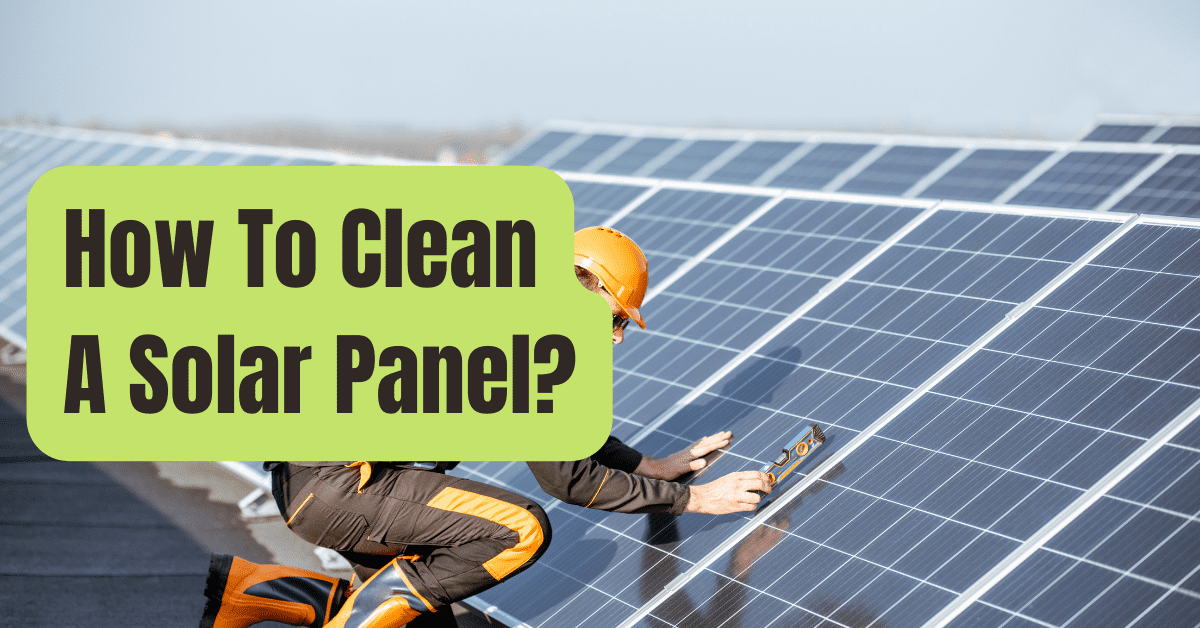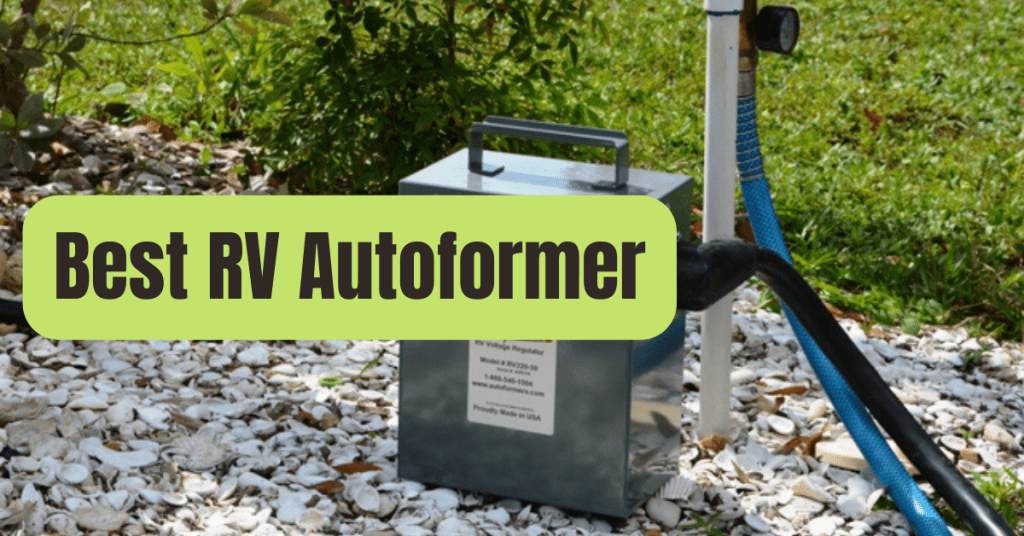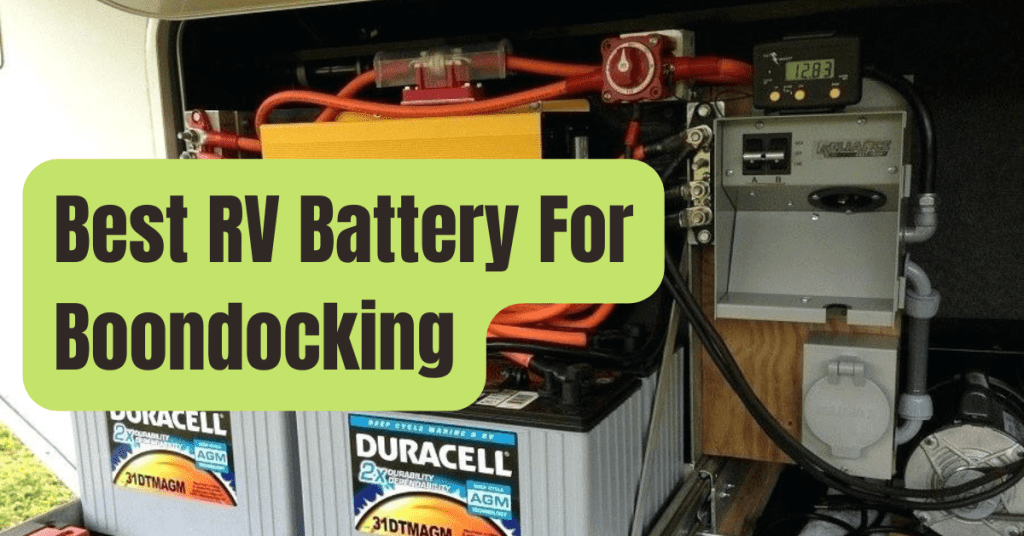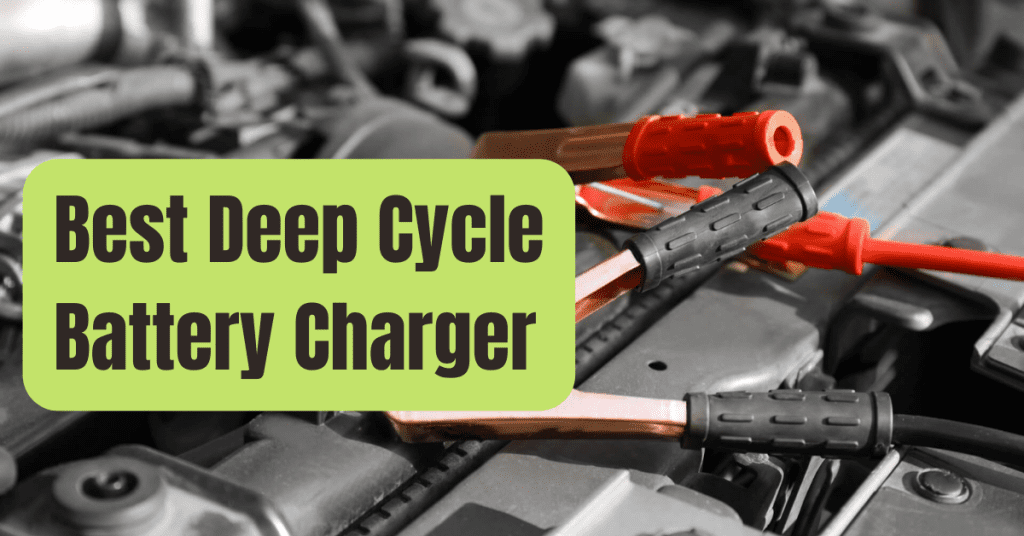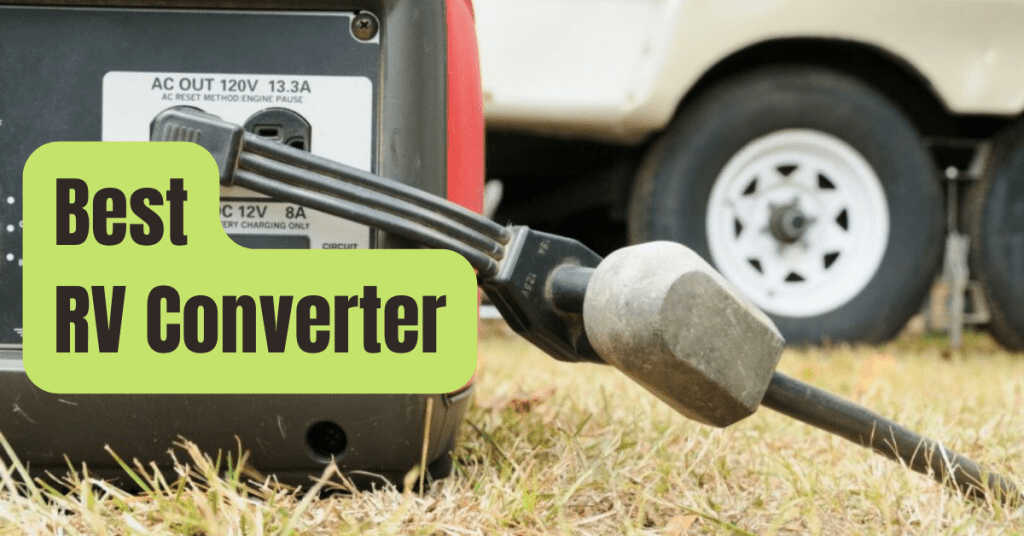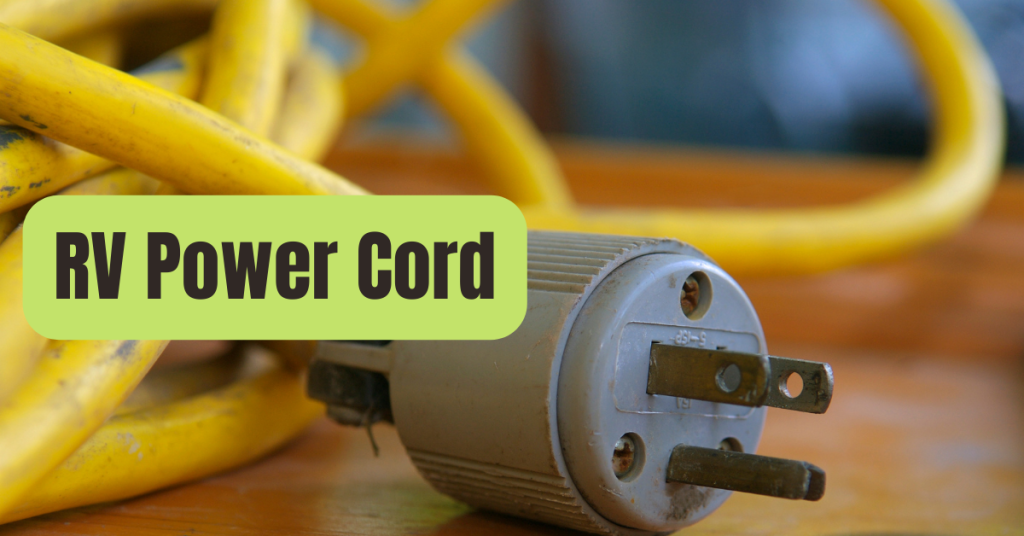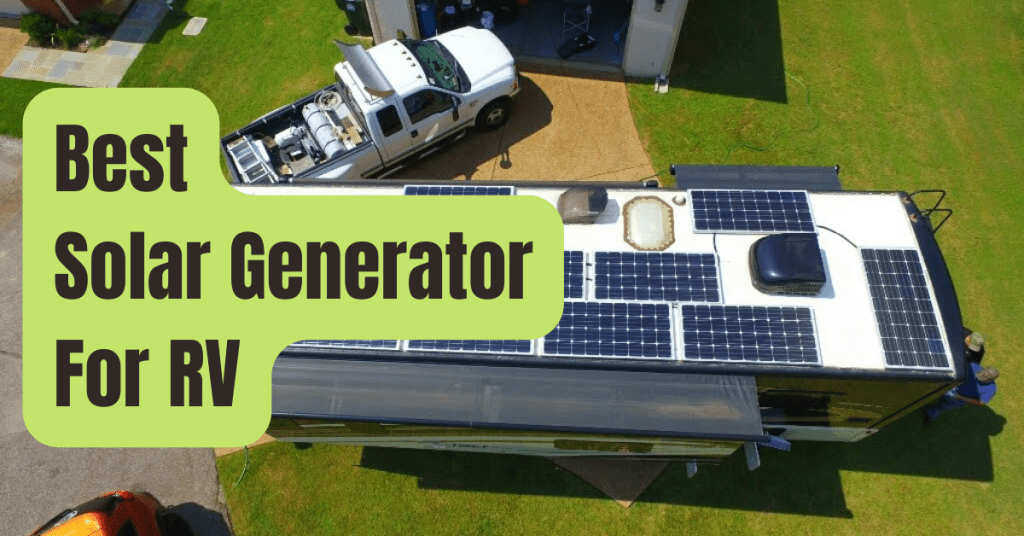For supplying household energy demands, solar panels are becoming more and more common.
They produce a current that is transformed into useful power by absorbing solar energy.
Solar panels are less effective—or cost-effective—if they are filthy since the quantity produced relies on the sunlight’s absorption.
In places with frequent precipitation, cleaning and maintenance of solar panels are often minimal.
Much of the dirt and debris that would prevent a home’s solar panels from receiving the most sunlight can be washed away by rain.
But dirt may still accumulate over time.
Relying on rain to keep panels clean may not be sufficient, especially in arid areas or close to industrial or construction sites.
Homeowners may learn how to properly clean solar panels to increase their efficiency with a few inexpensive equipment, as well as when it would be preferable to engage a professional solar panel cleaner.
- Duration: 20 minutes to an hour
- Initiation: Beginner
We take part in the Amazon Services LLC Associates Program, an affiliate marketing scheme created to provide us a way to make money by connecting to Amazon.com and other websites.
Before You Start…
Before doing any DIY cleaning job, it’s necessary to examine manufacturer instructions since not all solar panels have the same maintenance recommendations.
Homeowners should assess their capacity for safe labor as well.
Let’s say the solar panels are installed in a place that is too steep or treacherous for equipment to reach safely.
Homeowners should seek expert aid in such situation to prevent possibly catastrophic harm.
Turning off the solar panels is the first step in DIY solar panel cleaning.
Solar panels should not be cleaned while they are in use since they are electrical equipment.
How to ensure that electrical currents—both those generated by the panel and those entering the home—are switched off will be outlined in manufacturer specifications.
For a solar panel cleaning endeavor, common hardware supplies may be utilized, but safety precautions are crucial.
Any homeowner who intends to operate on a roof rather than from the ground should wear a hard helmet, a ladder support, and a harness.
Cleaning Advice for Solar Panels
- Cooler days are preferable for washing solar panels since they reduce the possibility of glass shattering when the water dries.
- Solar panel washing using abrasive, powerful detergent is not advised. The glass of solar panels may be easily cleaned at home using a mixture of one part vinegar, one part mild, non-abrasive detergent, and eight parts water.
Considerations for Safety
- Before cleaning, solar panels must be switched off, and the bottom must never be accessed.
- Wearing gloves and using extension tools to clean solar panels from the ground is the safest method. Homes with a second or third story, however, could necessitate scaling the roof.
- If a homeowner is doubtful of their capacity to properly clean their solar panels, they should think about hiring a local solar power expert to do it instead.
Step 1: Use A Soft Brush To Remove Any Debris, Dirt, Or Leaves.
Solar panels get covered with dust, leaves, and bird droppings.
Even if rain removes part of this, it doesn’t reach everything, and as puddles evaporate, it might leave behind a filthy residue.
To begin cleaning, debris should be gently brushed away using a brush with a soft bristle.
If the soft brush is fastened to a telescoping extension pole with a threaded tip or hook, this may be done from the ground.
Some poles have a 24 foot extension.
Without a long enough extension pole, an extension ladder will be needed to reach the solar panels to brush them.
Consider taking safety measures, such as donning a hard helmet and harness, if you must go to the roof.
The easiest technique to clean solar panels is to start with a light brushing since, if there is a lot of dirt on the panels, combining water and it right away might cause it to spread and smear.
The following stages in the cleaning procedure are more successful since brushing breaks down and eliminates some debris.
To keep your hands clean and safe, put on some work gloves.
Step 2: Spray The Panels With A Garden Hose To Clean Them.
Cleaning solar panels involves a lot of water.
A garden hose may get rid of the majority of the dirt still on solar panels after brushing away any dried particles.
While it may be tempting to use high pressure washing to rapidly clean solar panels, doing so will probably cause the panels’ surfaces to develop small fractures.
The solar system’s effectiveness will be ruined, and more issues will arise.
In addition, failing to maintain solar panels in accordance with manufacturer guidelines may invalidate any current warranties.
Before cleaning solar panels, a hose’s high-pressure attachment should be taken off.
Spraying along each solar panel deliberately and meticulously is the key to this process.
A telescoping hose wand could be useful if a garden hose doesn’t provide adequate control over spraying.
These provide a more secure hold than a hose by itself.
Step 3: Use A Gentle Brush And Water To Clean Any Trouble Spots.
Problem areas may be given particular attention using a sponge, squeegee, or soft cloth dipped into a pail of clean water after the majority of the issue has been cleaned up with spray.
Since vigorous scrubbing might harm the panels, it is recommended to clean gently, repeatedly, and with some patience.
Even cleaning solutions that have been approved as “safe” for solar panels may be harsh.
The best cleanser for solar panels is water, particularly deionized or distilled water.
This water is more effective for cleaning since it draws in other chemicals.
If deionized or distilled water is not available, water softening may assist increase the cleaning power of hose water.
A little amount of mild, gentle dish soap added to a solution of one part vinegar to eight parts water will help remove tough stains that water alone couldn’t remove.
Any soap, however, ought to be used sparingly and carefully.
After soap has been washed off, a residue may remain that dirt may later adhere to, resulting in streaky solar panels.
This affects the panels’ visual appeal and some of their practical properties as well.
Step 4: Track The Solar Output Of Your House To Assess The Effect Of The Cleaning.
Giving solar panels more sunshine will enhance their solar output, or the amount of electricity they generate, since solar panels convert sunlight into useful energy.
Because of this, solar panels are often installed in more sunny areas.
Solar panels are rated for a solar output within a certain range of watts based on the characteristics of the solar system, its location, and environmental considerations.
Variation occurs under typical operating settings and falls within the expected range.
However, filthy solar panels only generate energy at the low end of the spectrum.
Low solar production forces households to depend on a second energy source, increasing energy costs and lengthening the solar payback period.
Homeowners should compare their energy bills from before and after the cleaning to see how big of an effect it has.
Because clean solar panels allow for optimum exposure and increased solar production, their energy prices will be reduced.
Step 5: For More Sophisticated Cleaning And Maintenance Requirements, Contact A Solar Panel Specialist.
A professional may be contacted if cleaning solar panels appears more risky than advantageous.
This is a practical way to increase solar production.
Even though solar panels don’t need regular cleaning, getting rid of buildup is part of keeping them in good condition.
If your solar panel cleaning needs are too complicated for a garden hose and sponge to handle, you should find a professional.
It is not possible to utilize solar panels while they are being cleaned.
To put homeowners at rest and give them assurance that their system won’t be harmed by electrical mistake, expert services may work to cut off the power and do the cleaning.
Homeowners might start a mimic cleaning procedure to make the most of a professional solar panel cleaning service.
To have a clear understanding of the exact cleaning issues that need to be handled, they might remove huge debris or leaves.
Solar panel cleaning takes careful consideration of safety since they are often installed on rooftops or other elevated places.
Only solar panels that are simple to reach and secure should be cleaned by amateurs.

